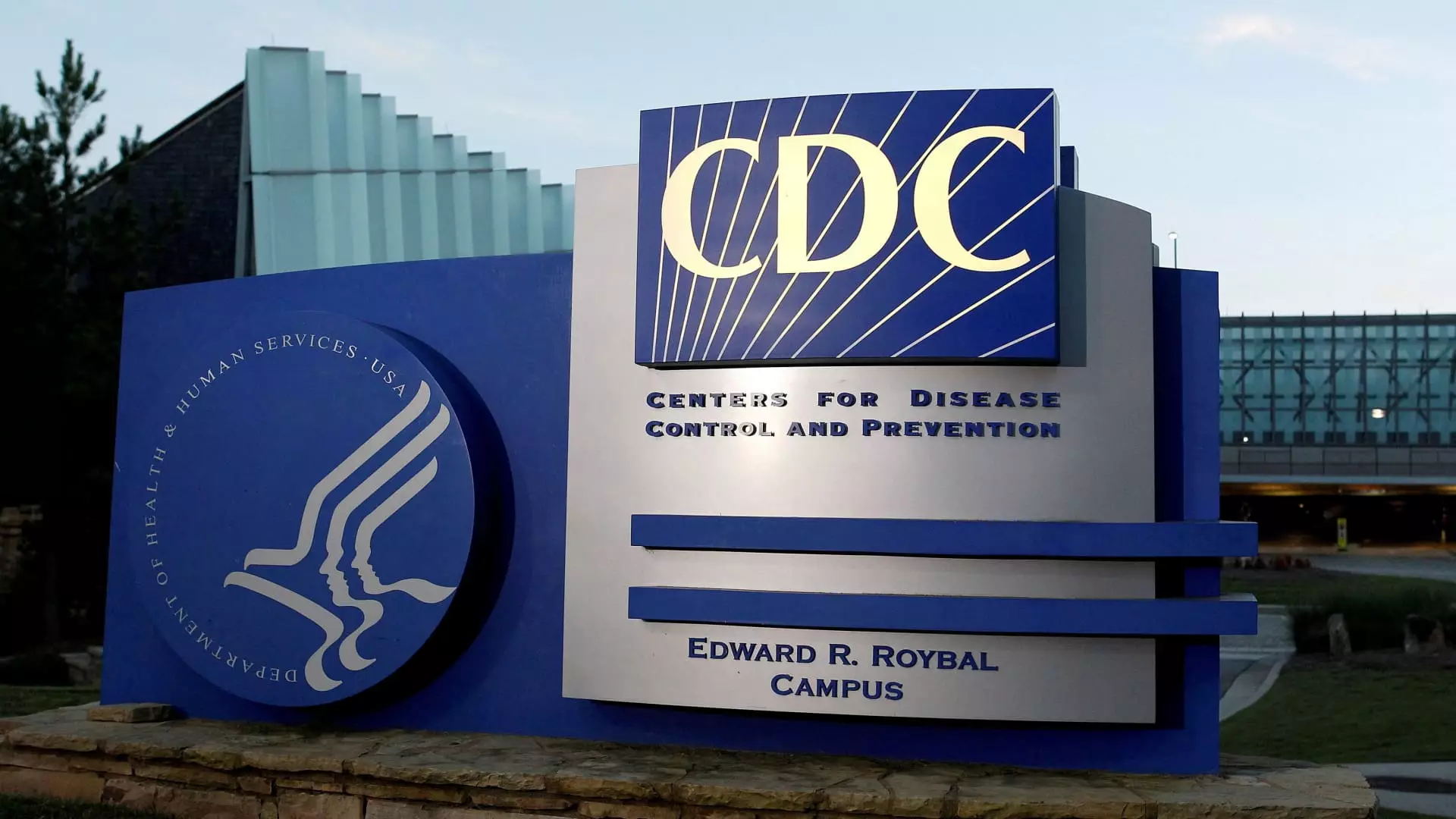The recent appointment of vaccine skeptics to a crucial government advisory panel raises significant concerns about the future of public health in the United States. Health and Human Services Secretary Robert F. Kennedy Jr.’s decision to overhaul the Advisory Committee on Immunization Practices (ACIP) by replacing its members with individuals known for their anti-vaccine sentiment signals a radical departure from evidence-based public health practices. The ACIP has historically functioned as a scientific advisory body, guiding vaccine policy and eligibility. However, with new members who espouse dubious claims and unfounded skepticism, we are witnessing an unsettling shift that could jeopardize trust in essential immunizations.
The Role and Integrity of Vaccine Advisors
The ACIP’s primary objective has been to evaluate vaccines rigorously, considering scientific data before issuing recommendations that affect millions of Americans. This committee’s independence is essential to ensuring that its guidance is rooted in evidence rather than ideology or personal beliefs. However, Kennedy’s introduction of members such as Dr. Robert Malone—who has gained prominence for propagating misinformation about the COVID-19 vaccine—jeopardizes this integrity. Malone’s claims, which often lack empirical support, challenge the fabric of public health discourse and promote a culture of fear and skepticism that could have serious repercussions.
It’s vital to understand that not all skepticism is inherently harmful—critical examination of vaccines can lead to improvements and innovation. Yet, skepticism rooted in unfounded theories can erode the very foundation of public health. For health decisions that demand a careful balance of risks and benefits, we should aspire to a committee filled with experts dedicated to the science of immunization, not individuals whose credentials are overshadowed by their conspiracy-led narratives.
The Risks of Misinformation
Furthermore, the appointment of members like Retsef Levi, who has made alarming claims about the dangers of mRNA vaccines, contributes to the atmosphere of misinformation. Levi’s assertions not only lack scientific backing but also potentially incite fear among parents seeking to protect their children. In an age where misinformation can travel faster than facts, the influence of such voices on a federal advisory committee is disastrous.
Moreover, the revelation regarding Vicky Pebsworth’s financial interests raises an additional layer of concern. Although she stated that her financial holdings did not meet the threshold for a conflict of interest, the mere association with vaccine manufacturers while being part of a vaccine advisory committee underscores the ethical quandaries involved. This situation not only damages the credibility of the ACIP but might also lead the public to view its recommendations through a lens of skepticism, further deepening public mistrust.
The Dangers of Polarizing Vaccine Policy
Kennedy’s rhetoric—where he frames the vaccine debate as black or white, with no nuanced perspectives—fails to acknowledge the complexity of medical science. Statements suggesting that if someone supports all vaccines, they are overly naive, or if they oppose all vaccines, they are misinformed, lacks the sophistication necessary for a discourse that deals with human health. True understanding lies in recognizing that vaccines can vary widely in terms of effectiveness and safety depending on multiple factors, including age, medical history, and the specific disease being targeted.
The implications of these new appointments are far-reaching. The potential for policy changes that favor non-evidence-based approaches could lead to reduced vaccination rates, resulting in the resurgence of preventable diseases. In a time when public health is paramount, such an outcome would be catastrophic, particularly for vulnerable populations like infants, the elderly, and those with compromised immune systems.
Public Health versus Personal Beliefs
Ultimately, public health should never bow to personal beliefs that lack scientific validation. It is imperative for government agencies to reinforce their commitment to science and the safety of vaccines. The ideological leanings of Kennedy and his new appointees could threaten the public health framework that ensures safety and efficacy in immunizations.
As we navigate the landscape of vaccine policy, it is essential that the voices of those grounded in empirical evidence guide our path forward. Simply put, as a society, we can—and must—do better to protect not just our own health, but the health of our communities and future generations.

